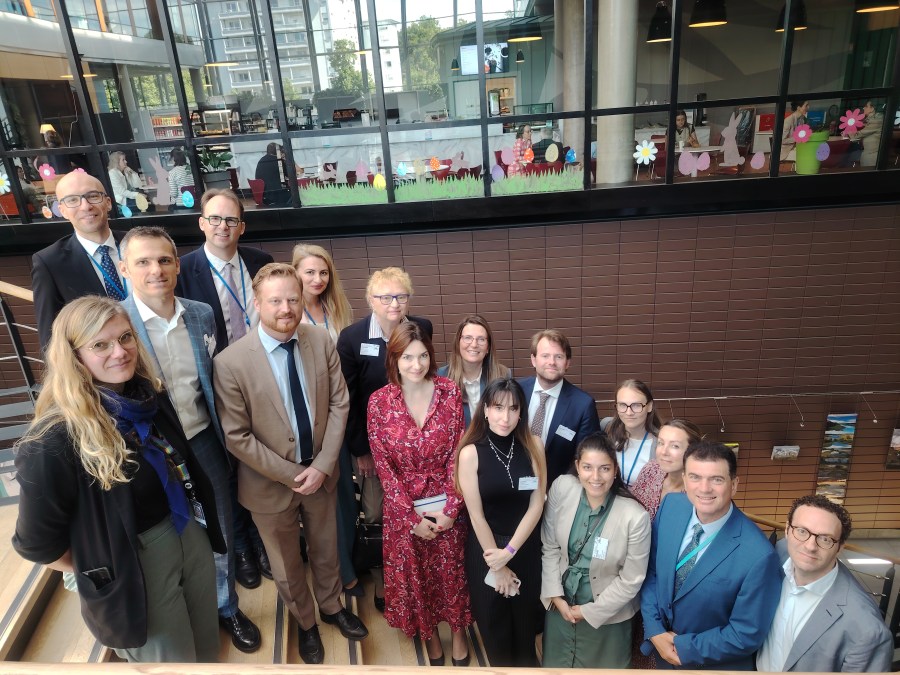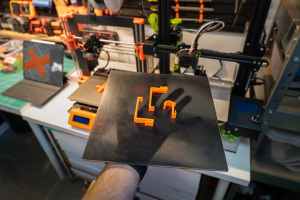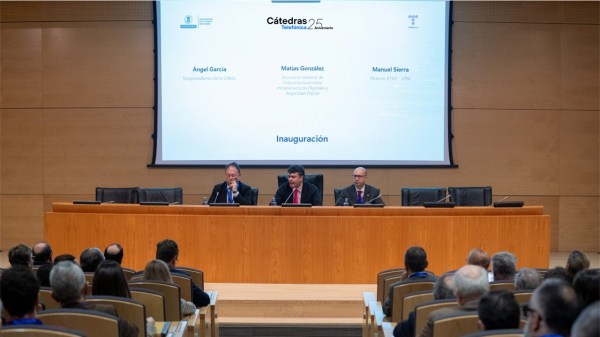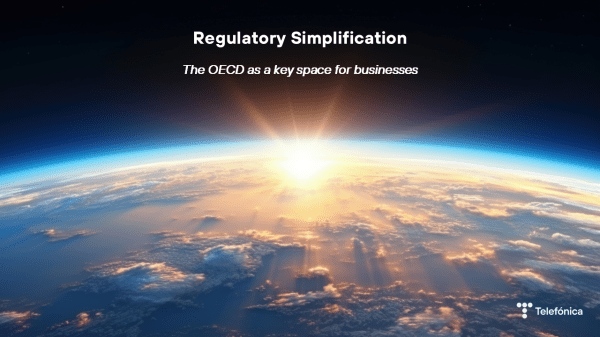Strasbourg Digital week took place from 11 to 17 May 2025 featuring three major events held in parallel to explore the latest trends of the digital ecosystem. The European Dialogue on Internet Governance (EuroDIG), the 13th plenary meeting of the Council of Europe’s (CoE) Committee on Artificial Intelligence and the CoE’s Digital Partnership, transformed, for a week, Strasbourg in the hot spot of the Internet governance in Europe.
European Dialogue on Internet Governance
Held under the theme “Safeguarding human rights by balancing regulation and innovation” the EuroDIG 2025 brought together onsite and online representatives of governments, international organizations, the private sector, civil society and the academia and technical community to discuss emerging issues and challenges concerning the internet.
EuroDIG has become a central conversation space around Internet governance on a multistakeholder cooperation basis. Topics on the agenda included how to mitigate the risks of AI systems for human rights, cybersecurity, disinformation, privacy challenges emerging by neurotechnology development or age verification mechanisms to protect young users, among others.
Moreover, the event allowed European stakeholders to align their perspectives and deliver a unified message to the UN’s global digital processes: the Global Digital Compact (GDC) and the World Summit on the Information Society (WSIS).
Approved in September 2024 as part of the UN Pact for the Future, the Global Digital Compact promotes digital inclusion within a safe and appropriate framework to address the challenges posed by the evolving digital economy. However, stakeholders acknowledged that, despite the consensus reached and the ambition of the text to create a better digital future for all, its implementation remains challenging. The discussions shown the need to integrate the GDC into national initiatives implemented locally to ensure its success.
Then, the WSIS+20 process taking place presents an opportunity to rethink digital governance and cooperation based on Human Rights, Democracy and the Rule of Law. The Council of Europe’s Committee of Ministers adopted, in September 2024, a Declaration on the WSIS+20 review and the extension of the mandate of the Internet Governance Forum, where it reaffirmed its support for strengthening the multistakeholder and inclusive model of internet governance.
YouthDIG
Before the EuroDIG, the Youth Dialogue on Internet Governance (YOUthDIG) which aims to encourage young people’s participation in Internet governance issues that will impact their digital future.
YOUthDIG concluded with the development of key messages addressing some of the most pressing issues of the digital decade, including digital literacy, content moderation, artificial intelligence, regulatory simplification, innovation, and human rights. These messages will be presented as part of the EuroDIG contributions to the Internet Governance Forum 2025.
13th plenary meeting of the Council of Europe’s Committee on Artificial Intelligence
The CoE’s Committee on Artificial Intelligence has been working for years under a multistakeholder basis, having issued notably the agreement on the Council of Europe Framework Convention on Artificial Intelligence and Human Rights, Democracy and the Rule of Law. At the moment it is working to build the HUDERIA Model to make the Convention extensive for any organization to put in place a Risk and Impact Assessment Model for the Artificial Intelligence Systems.
Digital Partnership
The Council of Europe’s Digital Partnership was established in 2016 as part of the Internet Governance Strategy 2016–2019, with the goal of fostering dialogue and cooperation with digital companies and their associations. Since then, it evolved into a platform for multi-stakeholder discussions on the impact of advanced digital technologies on human rights, democracy, and the rule of law.
Recognizing the importance of open dialogue with diverse stakeholders to help create a safer and more inclusive digital environment for all, Telefónica joined the partnership in 2016 as part of the first group of signatory companies. At this year’s meeting, the company presented its public position on the online protection of minors, reaffirming our commitment to creating a safe digital environment for younger generations that guarantees their privacy and respects their rights.








